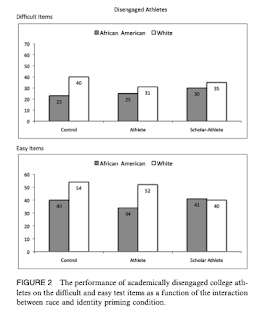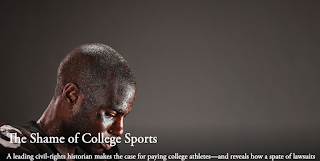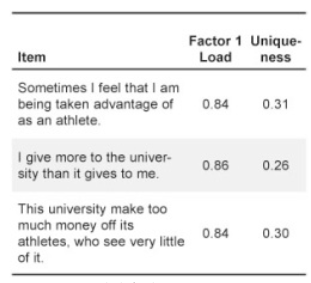‘‘Don’t Call Me a Student-Athlete’’: The Effect of Identity Priming on Stereotype Threat for Academically Engaged African American College Athletes Stone, Jeff, et al. “‘Don’t Call Me a Student-Athlete’: The Effect of Identity Priming on Stereotype Threat for Academically Engaged African American College Athletes.” Basic & Applied Social Psychology , vol. 34, no. 2, Apr. 2012, pp. 99–106. EBSCOhost , doi:10.1080/01973533.2012.655624. Summary+ Key Term- The key term in this paper that relates to the summary is the idea of the stereotype effect. Stereotype effect discusses how a negative image of a group of people will negatively impact their performance. There are two ways that this affects minority group student-athletes in that both terms have negative stereotypes when it comes to education. Athletes, to begin with, have a very common "dumb jock" stereotype, as people commonly comment on how they were only accepted into a school for their sheer athletic abilit



